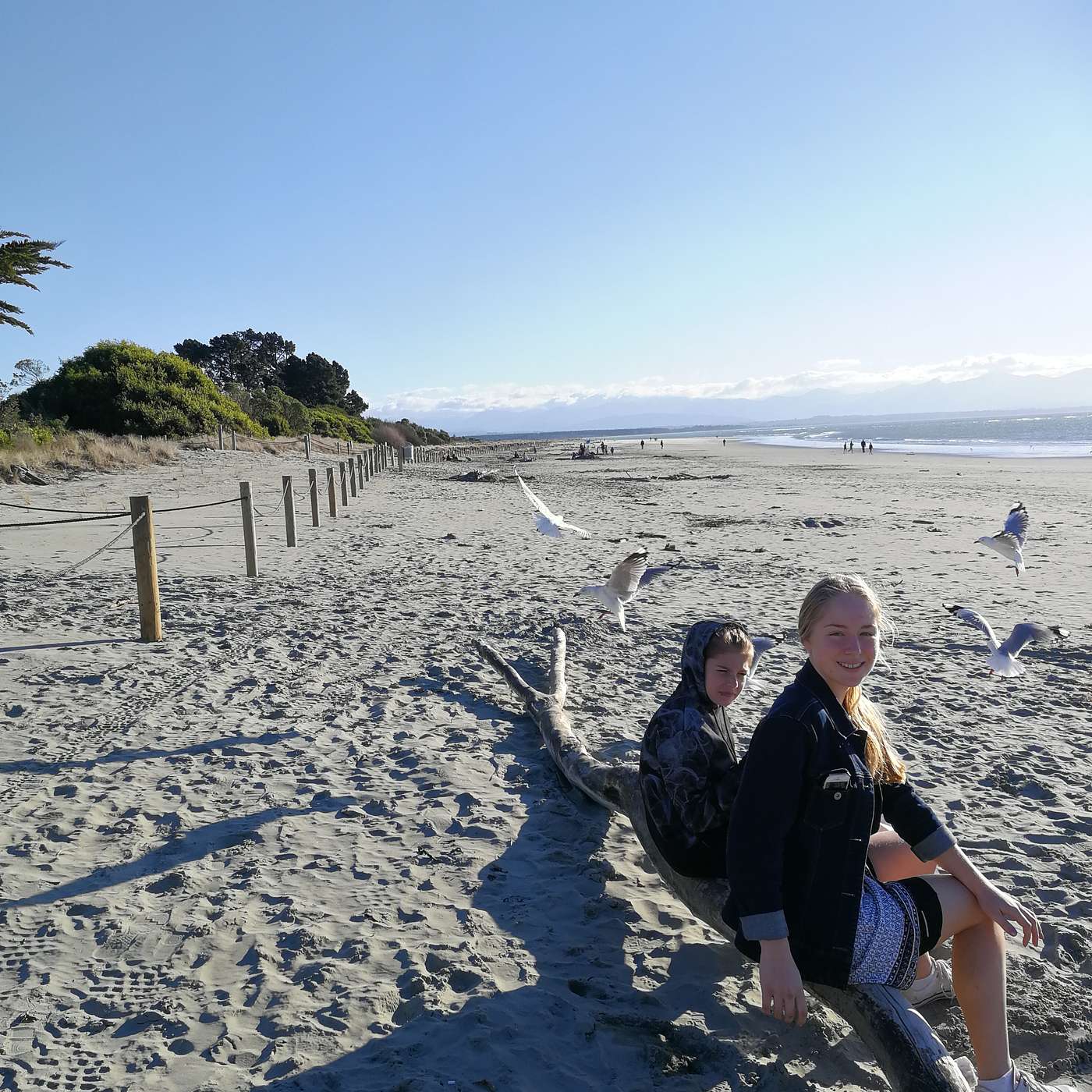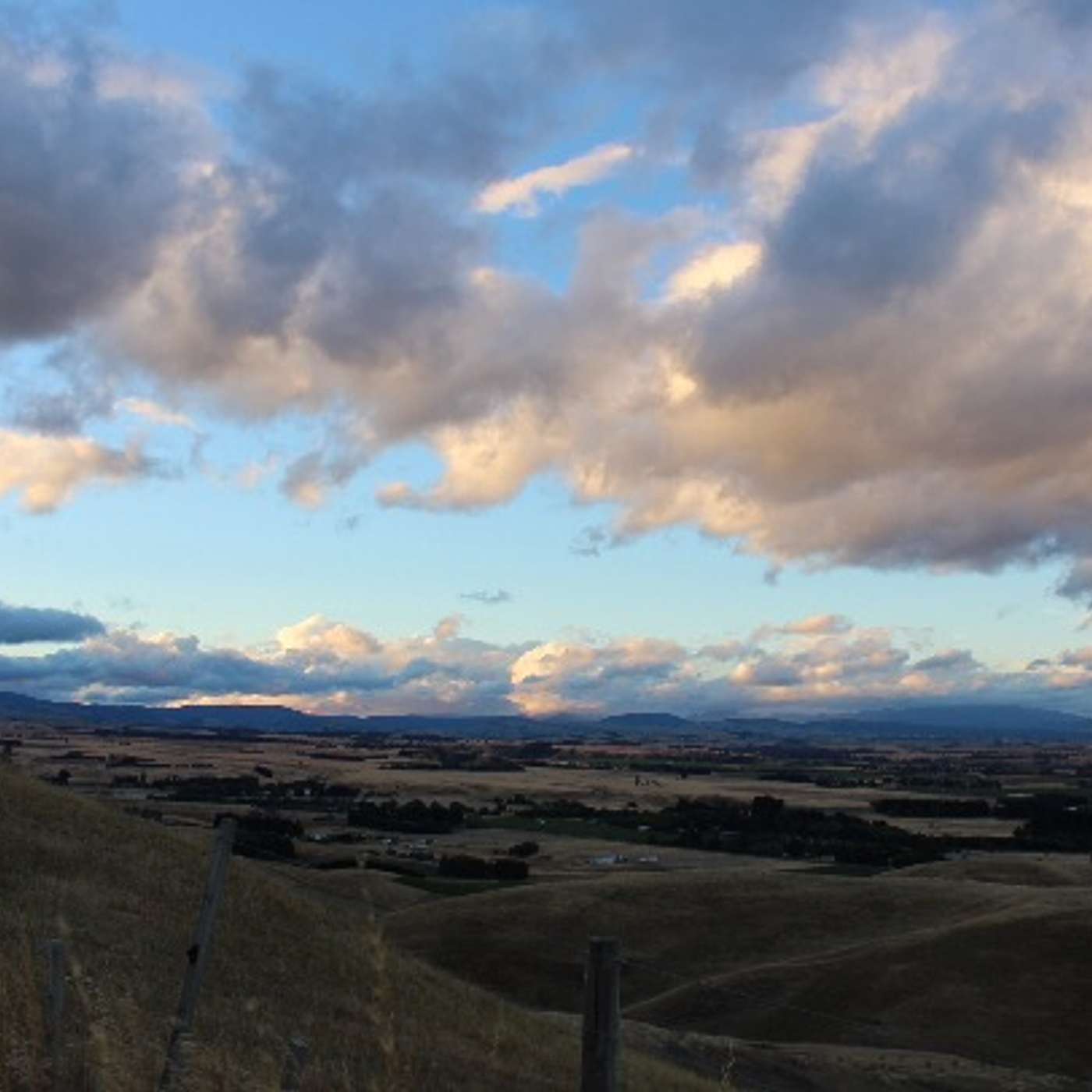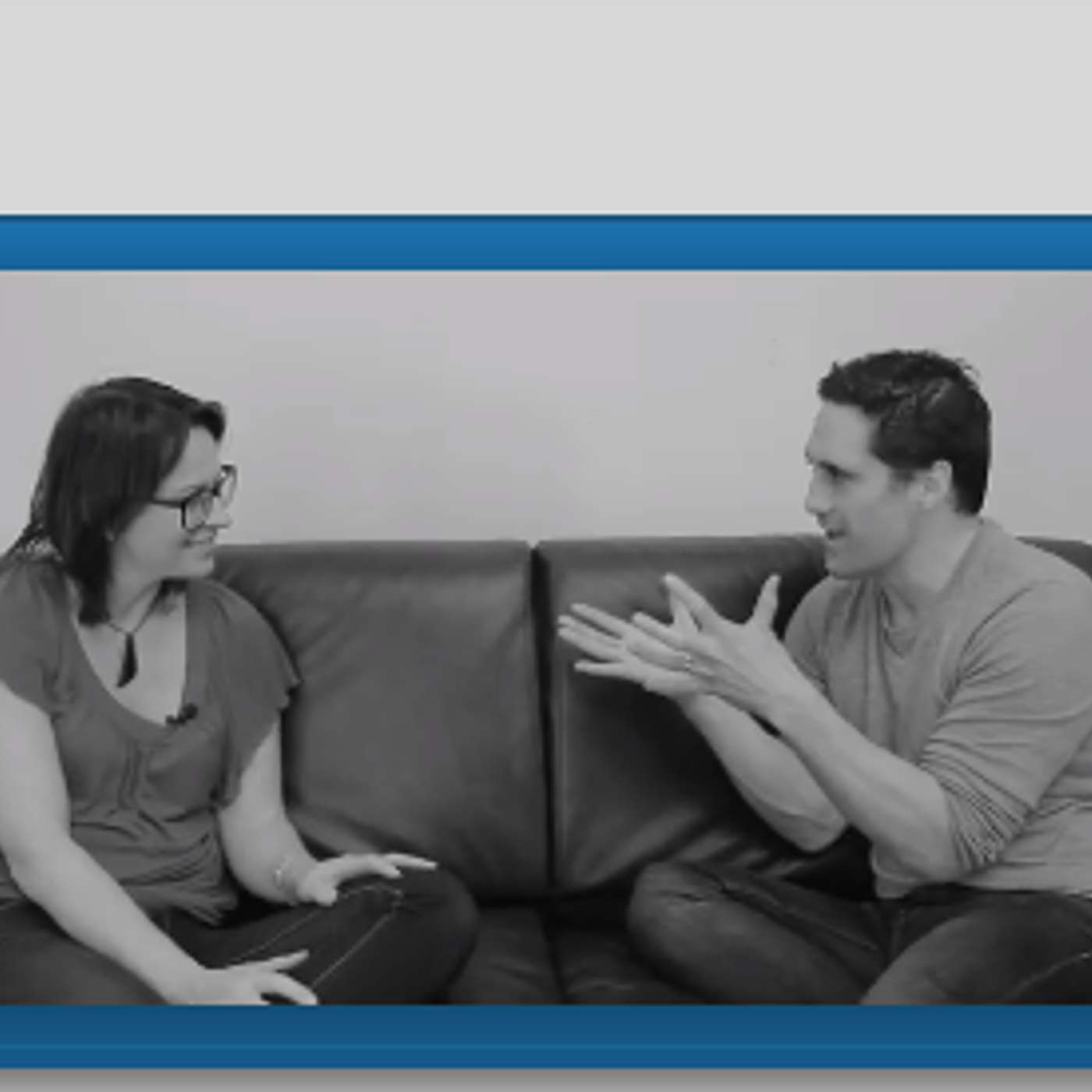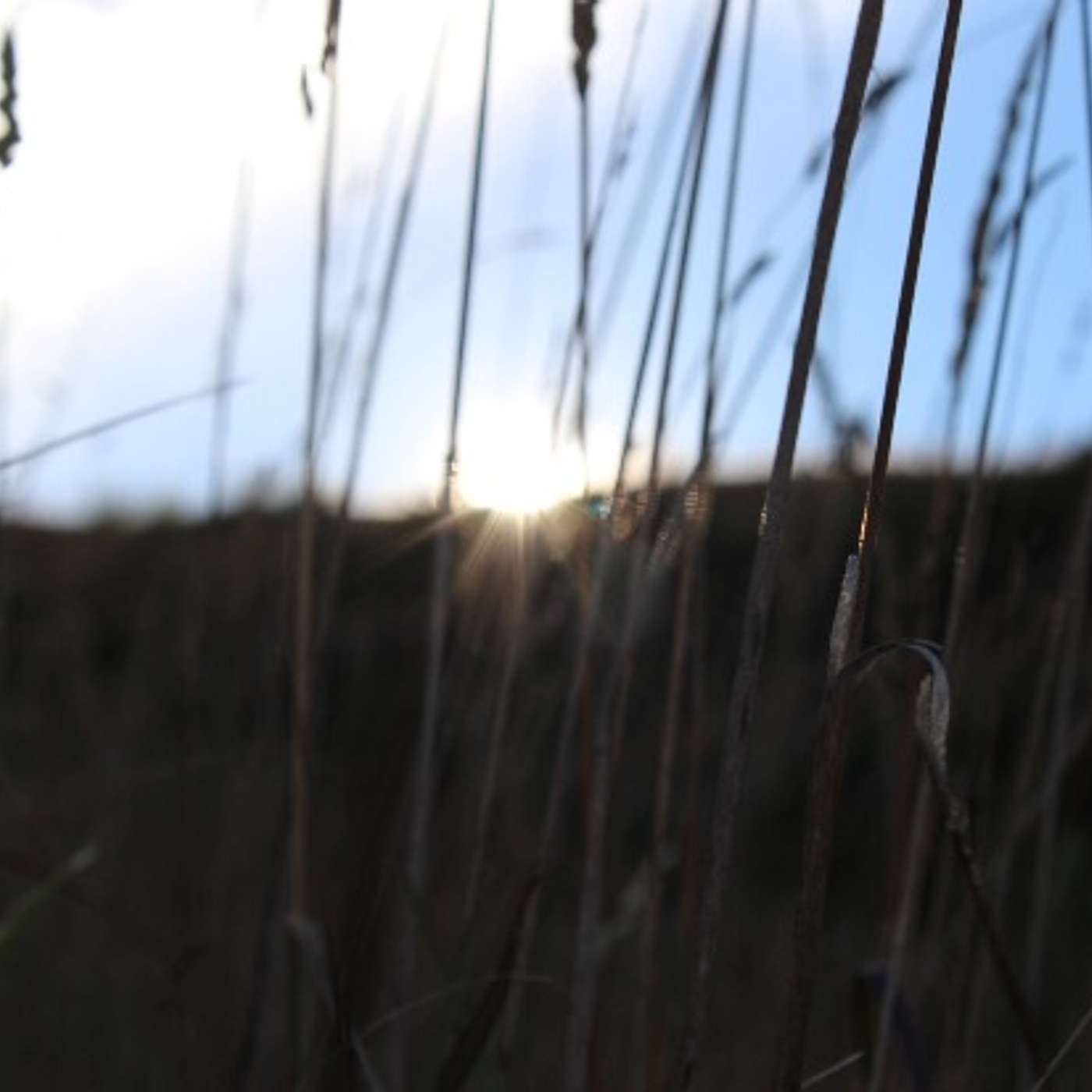Discover I've Got Questions
I've Got Questions

I've Got Questions
Author: Pio Terei & Kathryn Berkett
Subscribed: 45Played: 552Subscribe
Share
© 2025 I've Got Questions
Description
The amazing Pio Terei talks to his 'brainy mate' Kathryn Berkett. They talk all things 'neuroscience', with a lot of laughs, and hopefully a bit of useful information thrown in. Please enjoy!!
25 Episodes
Reverse
Send us a text In this session we talk about some of those adolescent brain changes that cause quite major behaviour changes. Understanding might not stop it, but it can help us work more respectfully with it.
Send us a text Pio and Kathryn talk about those expectations we had on us growing up, and whether they were healthy, and whether our young people are still living their lives to 'the script'.
Send us a text We talk in this session about how pervasive weight gain can be for an individual. We also unpack some of the factors that can contribute, that are influenced by the environment and not the individual.
Send us a text In this session we discuss non-verbal communication, why it is important, and how it is developed through the lifetime.
Send us a text In this long-awaited return to our podcasts (sorry for the long break) we discuss how politics might impact our views on equality. What does it do to our brain when we constantly hear narrow, racist and/or offensive information from the media?
Send us a text WARNING: This session talks about sex, pornography and a few other topics that might be hard to listen to for some people. However, we feel it is really important to talk about, as it is something that our young people can access, freely. This means as adults, we have to understand the potential impact it can have, so we can support more appropriate learning. Listen with caution, and with an open mind.
Send us a text Pio and Kathryn talk about the good and bad of technology, how it is impacting our ability to form strong relational bonds, and of course we get off topic a bit too.
Send us a text A dysregulated adult cannot regulate a dysregulated child, or in that fact, anyone. So we need to start with ourselves if we want to create positive, safe, sharing spaces. This session talks about the neuroscience of looking after ourselves.
Send us a text NOTE: This session talks about the difficult subject of suicide. Please be kind to yourself and only listen if you are ready, replay where necessary, and take breaks if you need to. Kia kaha - Pio and Kathryn
Send us a text Why is it that our adolescents can seem so angry. What creates that emotional space? What can we do about it?
Send us a text
Send us a text The way to change is through understanding. Conversation is so important for understanding. This is a conversation, discussion, discovery of what racism means for Pio and Kathryn.
Send us a text We want to talk about what happens when the brain doesn't get the inputs that it needs, this is what 'neglect' means. This is a discussion around the impact neglect can have on the brain, and on how we grow, behave and think.
Send us a text The word trauma is used a lot. What do we actually mean by that word, and how can we recognise it in ourselves and others?
Send us a text Should we keep the score? Is it okay to tell our tamariki if they have won or lost? It isn't as simple as 'yes' or 'no', so Pio and Kathryn discuss this, (and maybe go off topic a few times as usual)....
Send us a text In our typically random way, Pio and Kathryn discuss why so many of our rangatahi are involving themselves in violent, disobedient behaviour. What can we do as a community to help stem the trend?
Send us a text What is going on when we sit an exam? What impact does it have on the brain and what are we actually testing? We also discuss discussions... How important it is to challenge the topic, not the person.
Send us a text We korero about the importance of connections, how Covid restrictions can potentially impact and other subjects like jail time, fishing and sleep. Yes, we get off topic again! lol.
Send us a text Many of our rangitahi are engaging in worrying activities. Often we are asked "how do I stop them doing it?". In this episode we korero around how we can support them through this stage the best that we can....
Send us a text























